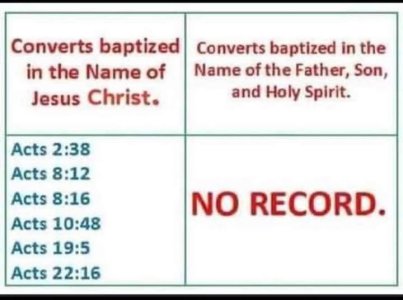@Peterlag
This is correct ~but the Lord Jesus was also called the Son of God, and with that title, makes him
"equal to God", and
thereby, he was God manifest in the flesh just as Paul said in 1st Timothy 3;16. Even Jesus' enemies understood him making himself
equal with God by h
im confessing that God was his Father, and he was indeed according to Luke's gospel.
John 5:18
“Therefore the Jews sought the more to kill him, because he not only had broken the sabbath, but said also
that God was his Father, making himself
equal with God.”
Philippians 2:6
“Who, being in the form of God, thought it not robbery
to be equal with God:”
- Paul uses Christ’s example to exhort us to greater humility and service.
- Prior to becoming incarnate as Jesus Christ, He was the Word of God (John 1:1)
- The only begotten Son given to Israel is and was the Mighty God (Isaiah 9L6-7; Micah 5:2)
- Setting aside His eternal glory, He assumed a lowly position In this world (Isaiah 53:2).
- He showed "Infinite humility" and service in dying for His enemies (Romans 5:6-19)
Micah 5:2
“But thou, Bethlehem Ephratah,
though thou be little among the thousands of Judah,
yet out of thee shall
he come forth unto me
that is to be ruler in Israel; whose goings forth
have been from of old,
from everlasting.”
Jesus was more than just a male child born unto Mary ~ he was BOTH man, yes,
fully man; and he was God, yes,
fully God!

